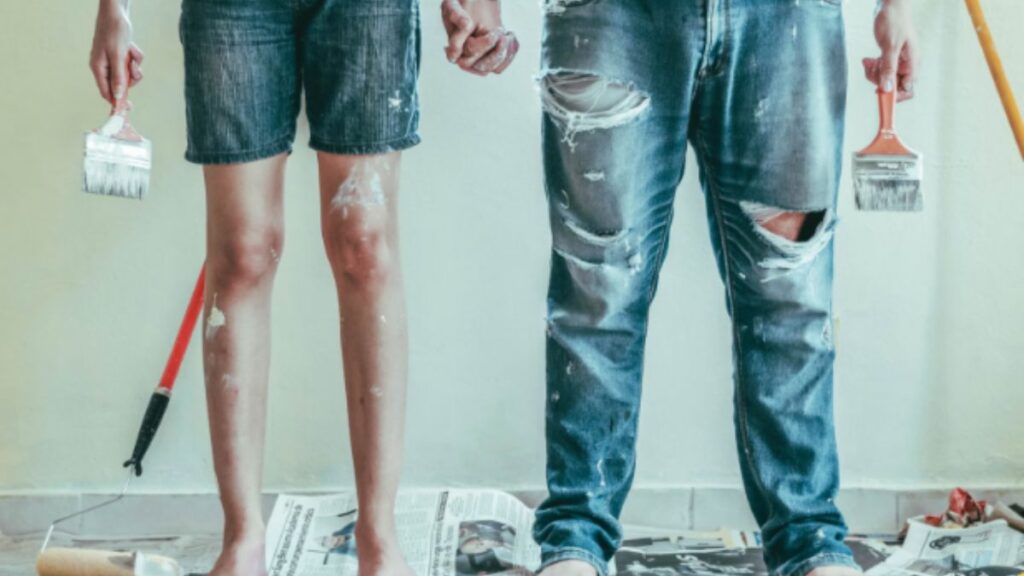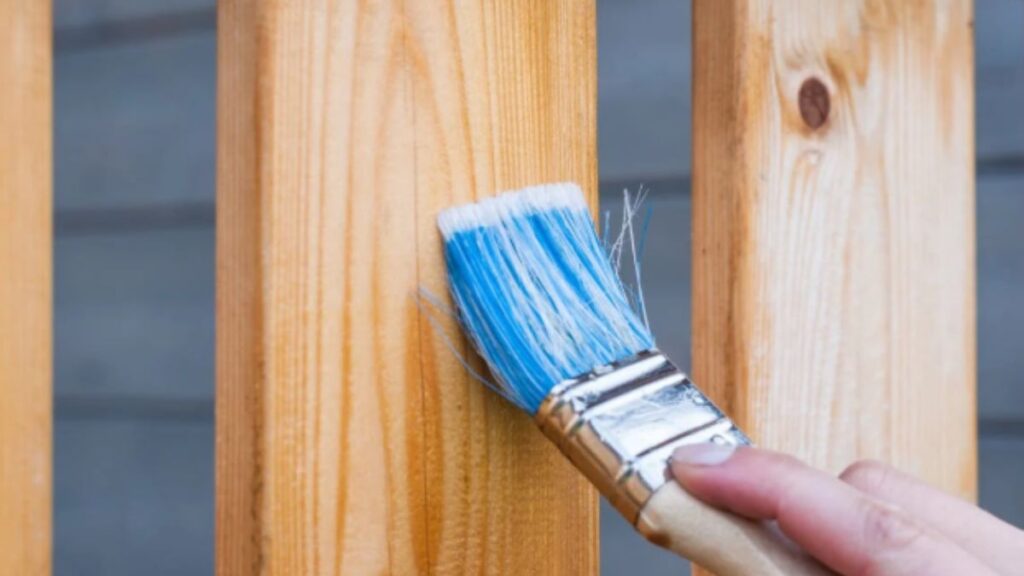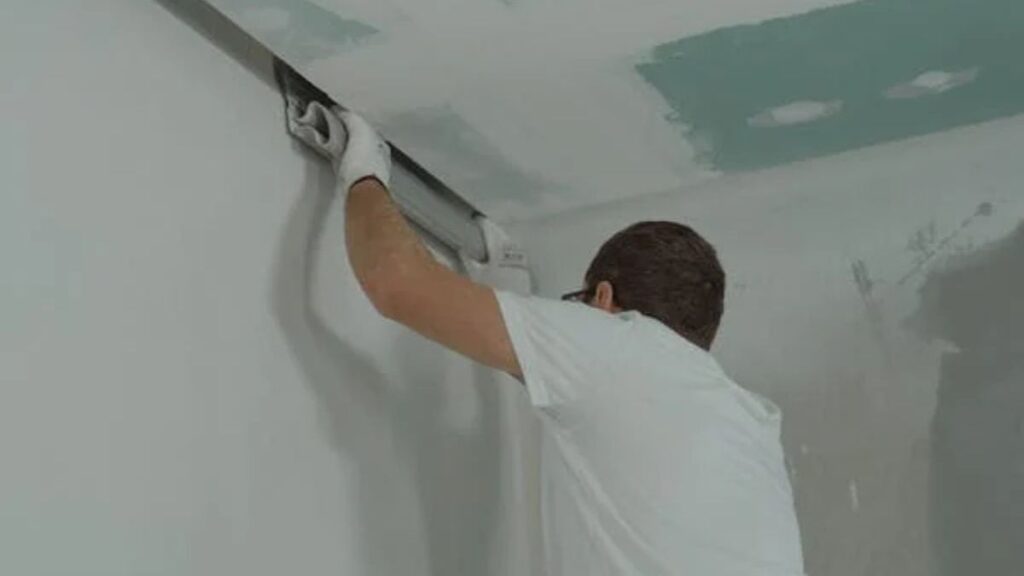The health and safety of a family often start within the walls of their home. While the connection between home repairs and family health may not always be immediately apparent, the condition of a house significantly impacts its inhabitants’ well-being. From structural stability to air quality, various aspects of home maintenance play a pivotal role in ensuring that families live in an environment conducive to good health. This article delves into the critical relationship between home repairs and family health, emphasizing the importance of proactive maintenance and professional services.

The Importance of a Sound Roof
The roof is arguably the most critical component of a home, as it shields families from the elements and provides structural integrity to the building. A well-maintained roof not only prevents leaks and water damage but also protects against mold growth, which can lead to respiratory issues and other health concerns. Mold thrives in damp environments, and a minor leak left unchecked can escalate into a significant problem, compromising both the house and its occupants’ health.
Professional roofing services are indispensable for addressing and preventing such issues. Working with experts ensures that problems like damaged shingles, improper insulation, or drainage blockages are resolved promptly and effectively. For example, families in Charleston benefit from the expertise of a Charleston roofing company, which provides reliable and thorough maintenance services tailored to local weather conditions. By investing in these services, homeowners safeguard their family’s health and the longevity of their property.
Air Quality and Ventilation: The Invisible Impact
Indoor air quality is a less visible but equally critical factor affecting family health. Poor ventilation, coupled with neglect of essential repairs, can lead to the buildup of harmful pollutants, allergens, and moisture within the home. Dust, pet dander, and volatile organic compounds (VOCs) from paints or household products accumulate over time, exacerbating respiratory problems like asthma and allergies.
Leaky windows, faulty HVAC systems, and insufficient insulation can further compromise air quality by allowing outdoor pollutants to enter and creating an environment ripe for mold and mildew. Addressing these issues through timely repairs, such as sealing cracks, installing proper ventilation systems, or upgrading old windows, can significantly enhance a home’s air quality. These improvements reduce the risk of long-term health issues and contribute to a more comfortable living space.
Structural Integrity and Family Safety
The overall structural integrity of a home is vital for ensuring the safety and well-being of its residents. Weak foundations, sagging floors, or compromised walls can pose serious safety hazards, particularly in regions prone to natural disasters like earthquakes, floods, or storms. Neglected structural repairs can also lead to costly damages, making proactive maintenance a cost-effective approach in the long run.
Regular inspections by qualified professionals can help homeowners identify and address potential issues before they become critical. Reinforcing walls, repairing damaged flooring, and maintaining a stable foundation are all steps that contribute to a home’s safety. These measures not only protect the family physically but also provide peace of mind, fostering a secure and stress-free living environment.
Plumbing and Water Damage Prevention
Water damage is one of the most common problems homeowners face, and its effects extend far beyond cosmetic issues. Leaky pipes, clogged drains, and malfunctioning water heaters can create an environment conducive to mold and bacteria growth, leading to respiratory illnesses and skin infections. Furthermore, standing water from leaks or floods can attract pests like mosquitoes, which carry diseases.
Ensuring a functional and efficient plumbing system is essential for preventing water-related health risks. Regular maintenance, prompt repairs, and the installation of flood-prevention measures like sump pumps can significantly mitigate these risks. By addressing plumbing issues proactively, homeowners protect their families from the health hazards associated with water damage.
The Psychological Benefits of a Well-Maintained Home
The impact of home repairs on family health extends beyond the physical to the psychological. Living in a home with visible signs of neglect, such as peeling paint, broken fixtures, or persistent leaks, can lead to increased stress and anxiety. The sense of security and comfort that comes from a well-maintained home is vital for mental well-being.
Renovations and repairs can create a sense of pride and satisfaction, improving the overall mood and quality of life for a family. Whether it’s a fresh coat of paint, new flooring, or updated appliances, these changes can transform a home into a haven that promotes relaxation and happiness.

Maintaining a home is about more than aesthetics; it’s a critical investment in the health and safety of its occupants. Proactive repairs, from roof maintenance to plumbing and ventilation upgrades, ensure a living environment that promotes physical and psychological well-being. The connection between home repairs and family health is undeniable, and taking the time to address these issues not only protects the property but also enriches the lives of those who call it home.







